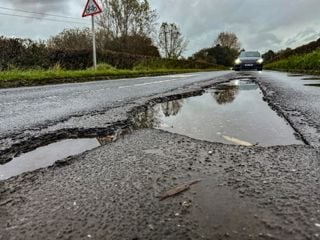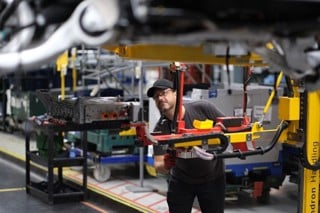Jones says the use of any data collection system falls under the Data Protection Act, but “more often than not” the drivers’ issue is not the misuse of personal data, but being observed.
He points out that in many cases employers do not exploit these systems, but technical developments have meant drivers have a huge range of aspects of their driving measured.
Jones continues: “Professional drivers are one of the most regulated groups of workers and this added pressure is not a welcome one.
"If employers use the systems responsibly, then Unite does not have a problem, but there should be a clear and agreed fair use policy which includes what will be recorded and what it will be used for.”
For telematics providers, the importance of establishing successful working relationships with unions is clear.
Tim Eaves, commercial director at In-Car Cleverness, says: “Early engagement with the unions will facilitate a lower volume of problems.
Concerns about telematics as spyware or ‘Big Brother’ technology can be overcome by early conversations which can cover agreements including curfews, so the company will only monitor driving between the hours of 8am and 6pm, for example.
“But, broadly, our experience is that unions would be hard pressed not to support technology that can directly benefit the health and safety of their own members.”
Health and safety concerns were at the heart of a policy drive among unions that helped to eventually win their support for the fair use of telematics.
In 2002, unions representing millions of UK workers demanded the Government act to reduce at-work road accidents.
Leaders of the Trades Union Congress made fleet safety a top priority for the year, with officials saying: “Managers should take as much responsibility for the safety of workers they send onto the roads as they do for people they send onto the factory floor.”
A key additional step came in 2008, when both Unison and the Labour Party introduced permit systems, licensing employees to use official vehicles only if they had met key safety standards.
Although it was a paper-based system, this was part of a general recognition among unions of the importance of road safety that helped smooth the introduction of telematics systems.
A spokesman for Trafficmaster said: “In the early-adopting companies, unions did have concerns and saw this technology as ‘Big Brother’.
This attitude has changed dramatically as they realise there are many benefits to using the data.
“We supply numerous large organisations who are union-based and we no longer encounter such issues.”


















Login to comment
Comments
No comments have been made yet.